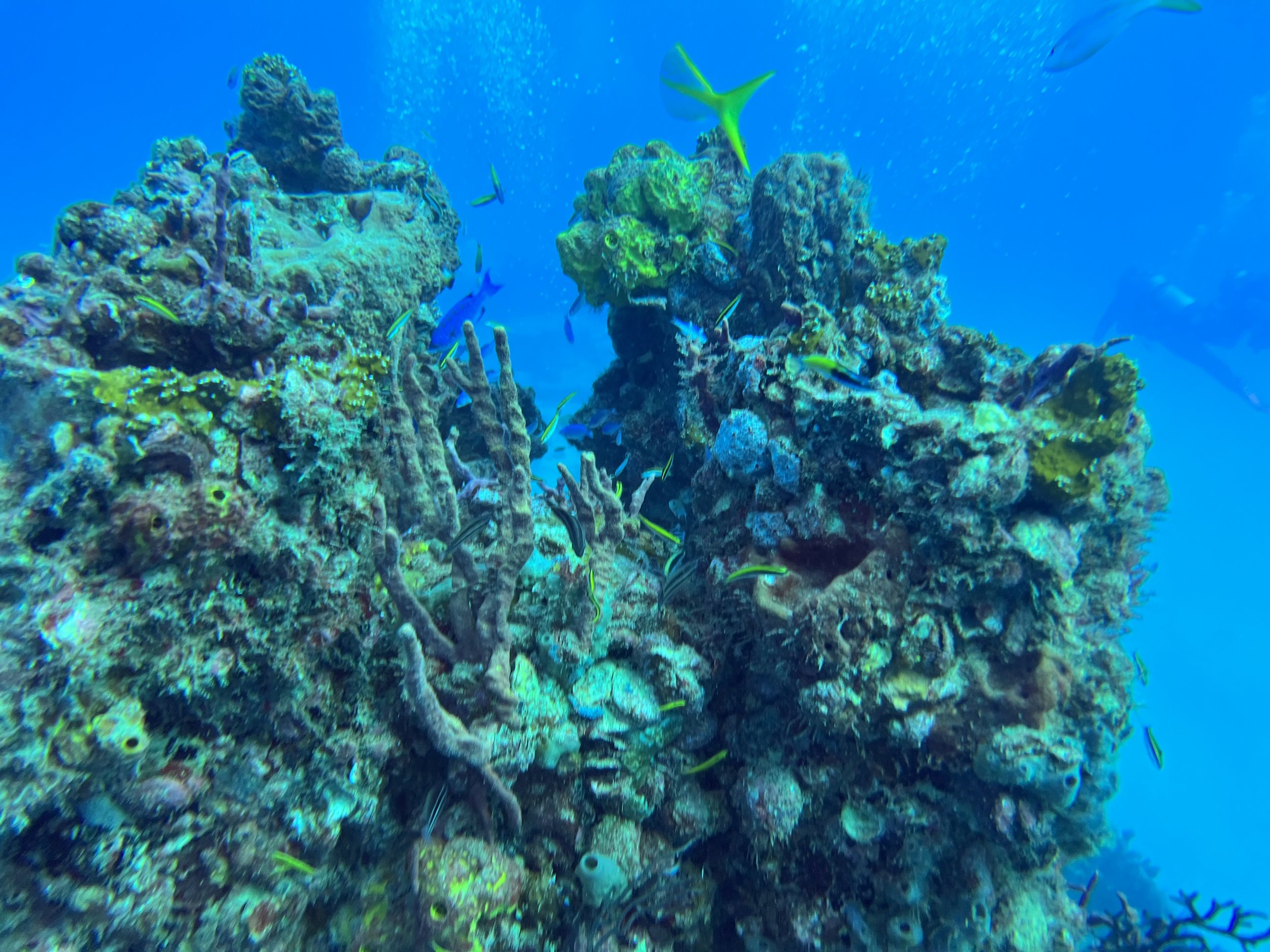
Our Services
Other Specialities:
Dry Suit
Full Face Mask
Under Water Navigation
Wreck
Drift
Deep
Boat Diving
First Aid (Primary and Secondary)
AED
O2 Provider
Bloodborne Pathogens
Tank Inspection
Computer Nitrox
Public Safety Technician
Equipment
Underwater Photography
Underwater Video
Night - Limited Visibility
Computer Diver
Snorkeling
Advance Buoyancy
Marine EcoSystems Awareness
Open Water / JR Open Water
An Open Water Scuba Diver is a person who has completed the Open Water Diver course. This course is designed to teach you the basic skills and knowledge required to dive safely and confidently in open water environments. Upon completion of the course, you will be able to dive up to a depth of 60 feet (18 meters) without supervision by an instructor.
The course consists of three main components: knowledge development, confined water dives, and open water dives. During the knowledge development phase, you will learn the basic principles of scuba diving, including dive equipment, diving techniques, and safety procedures. The confined water dives will allow you to practice the skills you learned in the classroom in a controlled environment such as a swimming pool. Finally, the open water dives will give you the opportunity to apply your knowledge and skills in a real-world setting.
After completing the course, you will receive a digital certification card that is recognized worldwide. This certification will allow you to rent scuba equipment, book dive trips, and explore the underwater world with confidence.
Advance Open Water
An Advanced Open Water Diver is a recreational scuba diving certification level provided by several diver training agencies, including PADI and SDI. This certification is designed to expand your diving capabilities and knowledge beyond the basic Open Water Diver course.
The Advanced Open Water Diver course consists of five adventure dives, including a deep dive and an underwater navigation dive. The remaining three adventure dives can be chosen by the diver based on their interests and goals. Upon completion of the course, you will be able to dive up to a depth of 130 feet (40 meters).
The course is designed to help you improve your diving skills, gain more confidence, and explore new underwater environments. It is a great way to gain more experience and knowledge in scuba diving.
Rescue Diver
A Rescue Diver is a scuba diving certification level provided by several diver training agencies, including the Professional Association of Diving Instructors (PADI) and SDI. This certification is designed to teach you how to respond to emergency situations and rescue other divers in distress.
The Rescue Diver course consists of both classroom and in-water training. During the course, you will learn how to recognize and respond to dive emergencies, manage stress in other divers, and prevent and foresee emergency situations. You will also learn how to administer emergency oxygen and fix common equipment problems.
To become a Rescue Diver, you must be at least 12 years old and have completed the PADI Advanced Open Water Diver or SDI course equivalent. You must also have completed a course in CPR and First Aid within the past two years.
After completing the course, you will be able to respond to emergency situations with confidence and help other divers in need.
ERDI - Public Safety - Search and Recovery
Emergency Response Diving International (ERDI) is a public safety diving (PSD) agency that trains police, fire, and other public safety organizations in search and recovery techniques that apply to almost any submerged environment. ERDI trains departments on how to make and maintain PSD teams and is the only public safety dive training agency that has its own insurance and endorses its own standards. In fact, some of the largest, most successful, and renown public safety departments use ERDI Programs to conduct training.
ERDI offers a range of courses for public safety divers, including the ERDI Public Safety Diver course, which is designed to teach divers how to respond to emergency situations and rescue other divers in distress. The course consists of both classroom and in-water training. During the course, you will learn how to recognize and respond to dive emergencies, manage stress in other divers, and prevent and foresee emergency situations. You will also learn how to administer emergency oxygen and fix common equipment problems.
ERDI programs are both Occupational Safety & Health Administration (OSHA) and National Fire Protection Association (NFPA) compliant. Many of the ERDI programs can be taught at several levels in accordance with NFPA guidelines. The level of participation in the practical portion of the course will determine the final level of certification. The classification levels are: Awareness, Operations, and Technician.
PADI and SDI Certification
Dive Master
A Divemaster is a recreational scuba diving certification level provided by several diver training agencies, including the Professional Association of Diving Instructors (PADI) and SDI. This certification is designed to train you to become a professional dive leader who can organize and lead recreational dives, assist instructors with classes, and mentor other divers.
The Divemaster course is designed to help you improve your diving skills, gain more confidence, and expand your knowledge beyond the Advanced Open Water Diver course. The course consists of both classroom and in-water training. During the course, you will learn how to manage dive logistics, supervise dive activities, and assist with dive training. You will also learn how to conduct dive briefings, lead guided dives, and mentor other divers.
To become a Divemaster, you must be at least 18 years old, have completed the PADI or SDI Rescue Diver course or equivalent, and have logged at least 40 open water dives. You must also have completed a course in CPR and First Aid within the past two years.
After completing the course, you will be able to work as a professional dive leader, organize and lead dive trips, and assist with dive training. You will also be eligible to enroll in the PADI Instructor Development Course (IDC) or SDI.